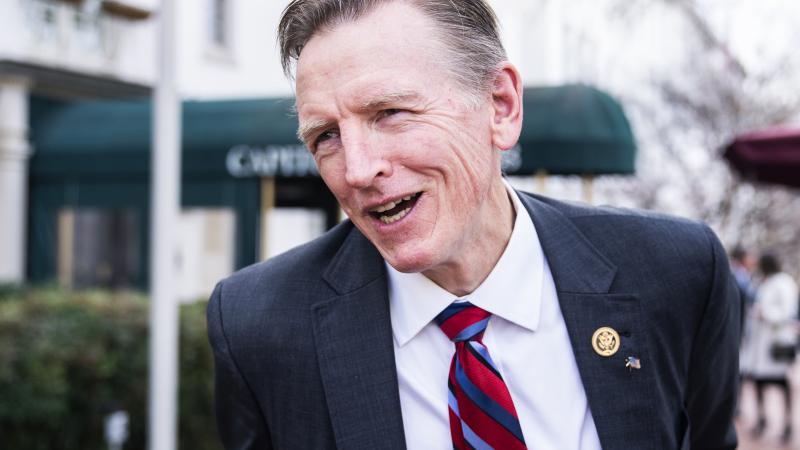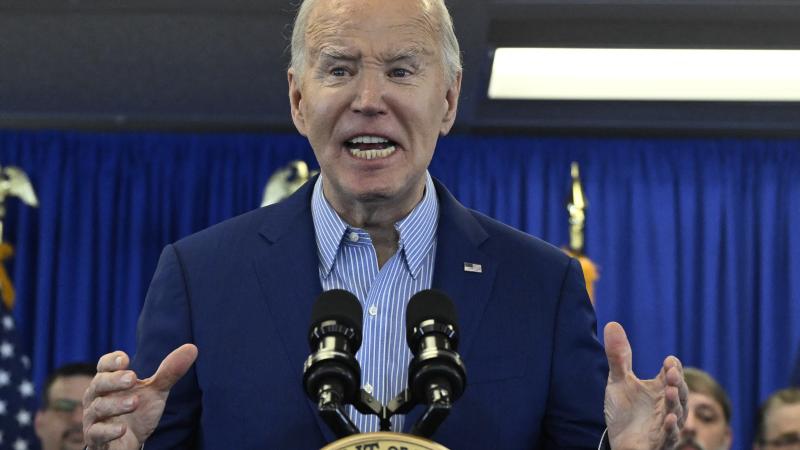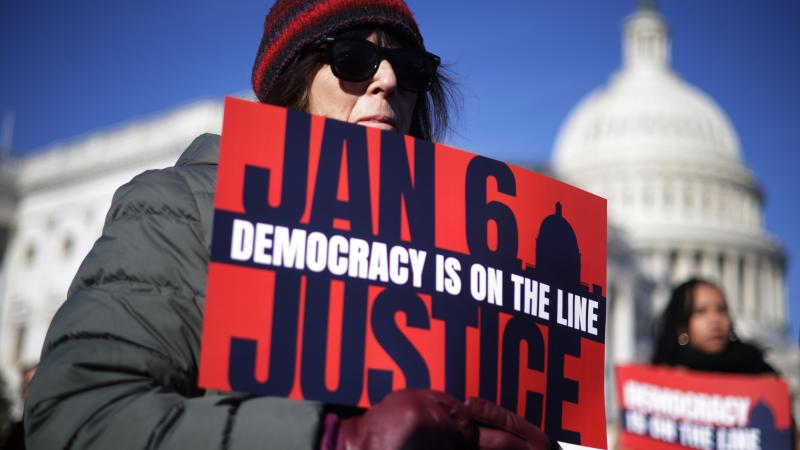'I have no agenda' Barrett declines to share personal opinions on same-sex marriage, Obamacare
"I have never discriminated on the basis of sexual preference and would not ever discriminate on the basis of sexual preference, like racism. I think discrimination is abhorrent," Judge Barrett says.
Under questioning from Sen. Dianne Feinstein at Tuesday's Supreme Court confirmation hearings, Judge Amy Coney Barrett declined to share her personal opinion on issues ranging from the Affordable Care Act to same-sex marriage.
Feinstein cited former Supreme Court Justice Antonin Scalia's opposition to same-sex marriage in the Obergefell v. Hodges case in 2015. She asked Barrett whether she agreed or disagreed with Scalia on that issue.
"I don't think anybody should assume just because Justice Scalia decided a decision a certain way that I would too," Barrett said. "But I am not going to express a view about whether I agree or disagree with Justice Scalia for the same reasons that I've been giving. I'm sorry that I really can't embrace or disavow Justice Scalia's position, but I really can't do that on any point of law."
Feinstein, the top Democrat on the Senate Judiciary Committee, said Barrett's response was "really too bad" and that she was "hoping" Barrett would disagree with Scalia's dissenting opinion toward legalizing same-sex marriage.
"I have no agenda, and I do want to be clear that I have never discriminated on the basis of sexual preference and would not ever discriminate on the basis of sexual preference, like racism," Barrett said. "I think discrimination is abhorrent."
Barrett told Feinstein she is a "sitting judge" and can't answer questions about specific issues without going through the judicial process.
Feinstein also pressed Barrett on her view toward the upcoming California v. Texas Supreme Court case.
"Can you give us at least your view?" Feinstein asked.
"The issue in the case that's coming up doesn't involve — it's not the same issue in NFIB v. Sebelius or King v. Burwell," she said, referring to past Obamacare cases decided by the Supreme Court.
Barrett said California v. Texas comes down to the issue of severability, given that Obamacare's individual mandate was eliminated by Congress.
"Could you just pluck that part out and let the rest of the statute stand, or is that provision, which has been zeroed out, so critical to the statute that only the statute falls? So really the issue in the case is this doctrine of severability, and that's not something I've ever talked about with respect to the Affordable Care Act," she said. "Honestly, I haven't written anything about severability that I know of at all."
Feinstein followed up and asked if Barrett had any thoughts at all on the case.
"It's a case that's on the courts docket, and the canons of judicial conduct would prohibit me from expressing a view," she said.
















